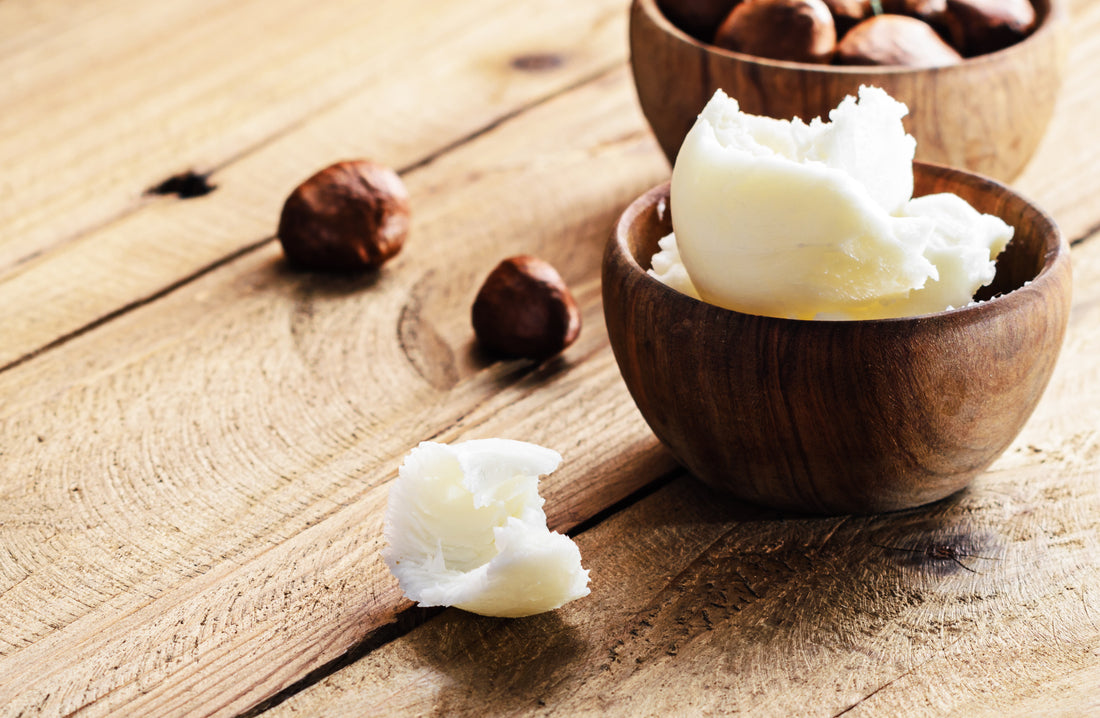
What's In Your Soap?
Share

In 2020 nearly 600 million body washes and 350 million bar soaps were sold in the US. The demand for body cleansers is high but did you know shopping for your favorite body wash may present some surprising details. When shopping for soap did you know the presence of true soaps on the market is scarce. What you might actually be buying is a refined, synthetic detergent. While these are, in fact, cleansing and offer affordable ease of use, they come with ingredients that can aggravate sensitive skin, and create irritation and dryness. The process of creating true soap is long rooted in ancient traditions by combining oils or fats with an alkali or base, otherwise known as lye. In this true soap process the lye is created using sodium hydroxide or potassium hydroxide with water. Joining the lye water with a mixture of oils and fats begins the saponification process, which results in beautifully handcrafted soap filled with the natural integrity of skin-loving ingredients. The curing timeframe varies between hot process and cold process soap making but it is generally four weeks for bar soaps to harden. A large benefit to shopping handmade soaps is that you feel the difference of true soap. When you experience true moisture and hydration there's no going back.
Frequently Asked Questions on Soap | FDA
• Soap: unit sales by product category U.S. | Statista
